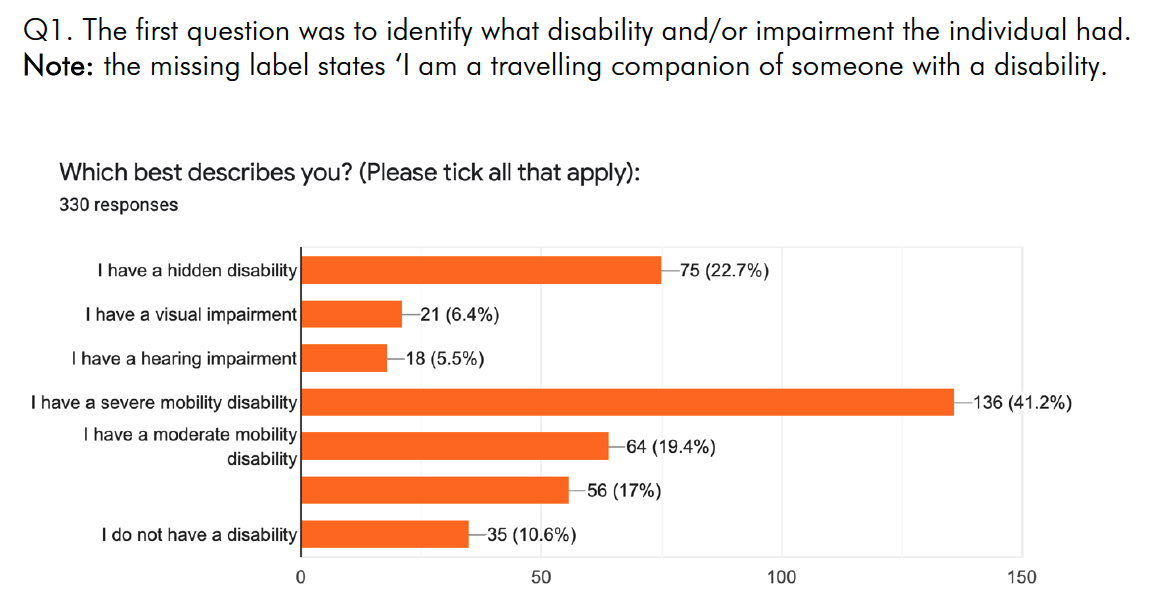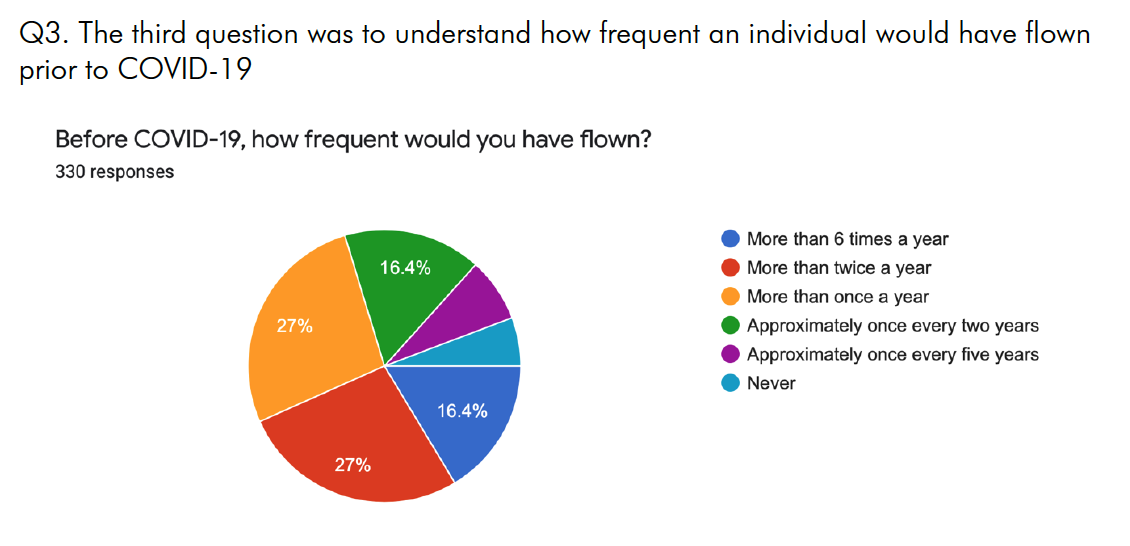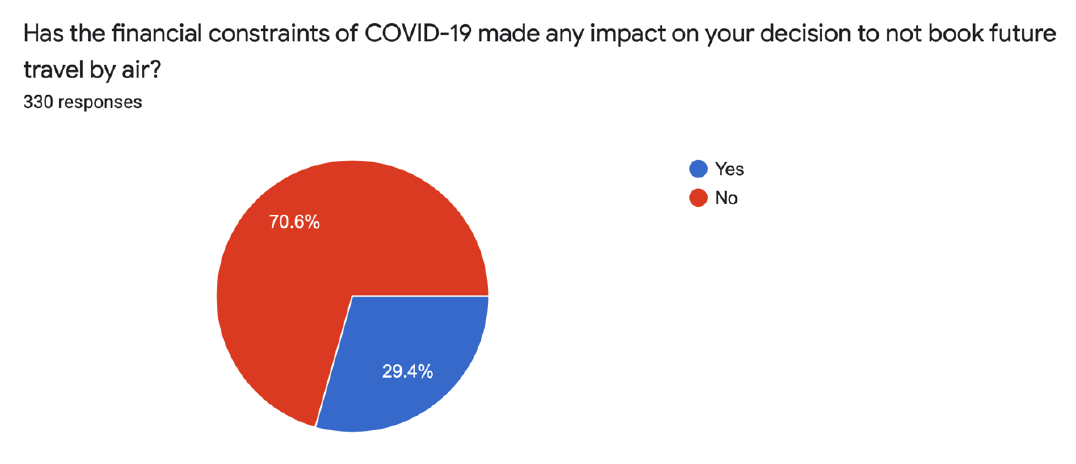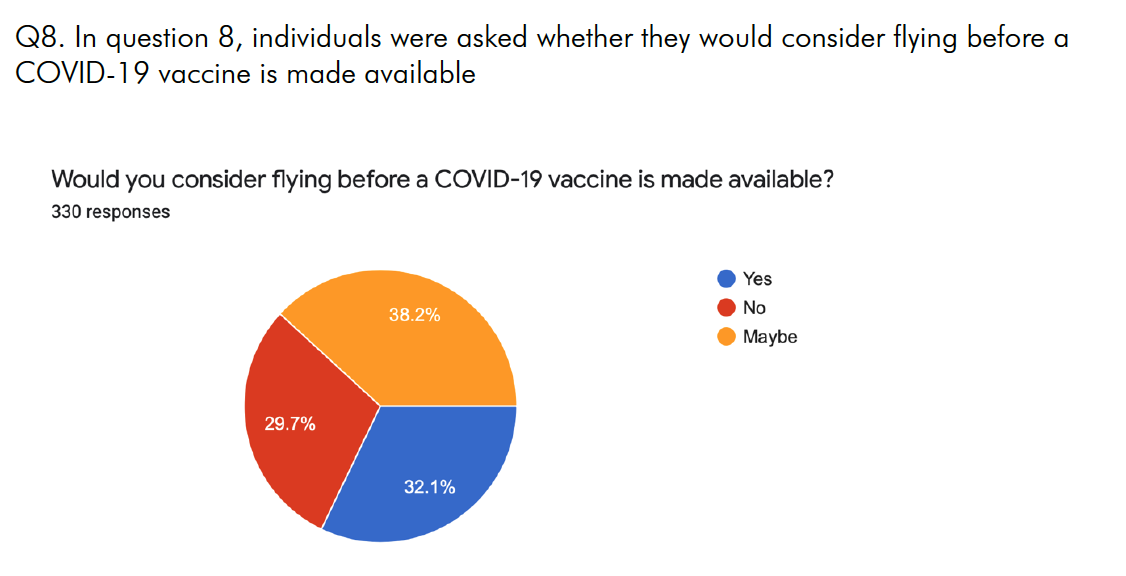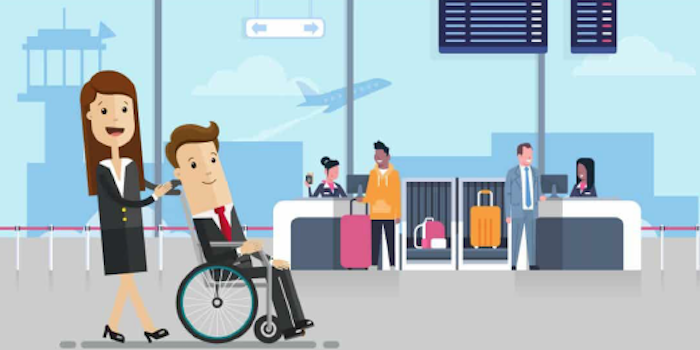Several reports and forecasts have been published recently regarding the restart and growth trajectory of air travel, but few have considered the specific views of passengers with disabilities. With this in mind, Josh Wintersgill, founder of easyTravelseat, a company which manufactures devices to aid aircraft transfers of passengers with reduced mobility (PRMs), has joined up with aviation accessibility consultant, Christopher Wood, to share their findings from the accessibility sector.
The importance of addressing the needs of this sector is clear from a humanitarian standpoint, but its commercial value should convince any doubters: in the UK alone, in 2018 an estimated 3.2 million disabled passengers passed through UK airports, which equates to 1-2% of overall passenger numbers.
Wintersgill and Wood conducted a survey of 330 disabled people with a wide range of mobility issues or impairments to gain their thoughts on flying in a Covid-19 world, with respondents from across Europe, America, Asia, Australia/New Zealand and Africa.
One key finding from the survey was that one in three people with a disability indicated that they will not travel by air until a Covid-19 vaccine is available. Airlines and airports may want to pay particular attention to this input when ascertaining the appropriate levels of special assistance staffing, both in the short and medium term.
38% of individuals stated they may still travel before a vaccine. However, this view comes with concerns and dependencies. The most common causes of concern for those disabled passengers were:
• Lack of clean circulated air inside the cabin
• Social distancing not being followed at airports and onboard
• Being in confined spaces and close proximity to others
• Special assistance teams having to assist passengers through the airport and on and off the airplane
• Inadequate seat provisioning and re-design making seats difficult
• Catching the virus abroad
“The aviation industry could, if optimistic, still expect to see two in every three disabled passengers continue flying, but with a big ‘if’. Airlines and airports will need to reassure disabled passengers distinctly of their strict procedures and processes that have been implemented to reduce these heightened, but of course expected concerns,” stated Wintersgill.
Ryanair has already started such an awareness campaign, with its ‘Keep Europe Flying and Healthy’ video. If the airline industry fails to address such concerns more strongly, it could see PRM numbers drop consistently for the foreseeable future by up to 50-75%, warns Wintersgill.
A statistic that could further convince airlines of the importance of this passenger demographic is that 70% of respondents said that Covid-19 has not created any financial constraints for them that would impact on their decision to book future air travel.
“This should be a reassuring message to the travel industry that the ‘Purple pound’ remains relatively strong. Coupled with the industry providing reassurance and instilling confidence in passengers, the future outlook for PRM travel could remain optimistic”, said Wintersgill.
Prior to Covid-19, 54% of respondents flew more than once or twice a year. Post-Covid, 52% of those flyers said they would wait at minimum 6 to 12 months before returning to the skies again, 28% were unsure, while 20% say they would return within a month or so (or as soon as it was deemed appropriate to do so).
Respondents were also asked where would they be willing to travel to when they decide to fly again. 87% said they would be happy to travel domestically and internationally, with 13% stating they would stick only to domestic travel.
“When compared results to IATA’s recent findings, there is a common correlation (regardless of disability) that the industry is of course going to require confidence-boosting measures. However, more emphasis will be required amongst PRMs,” added Wintersgill. “In comparison to IATA’s 40% of passengers returning within six months or so, disabled passengers were at 25%, suggesting a much slower return over the short to medium term.
“Additionally, 69% of IATA’s respondents suggested they could delay a return to travel until their finances stabilise, whereas only 29% of disabled passengers stated their finances have impacted their decision on booking future air travel,” he added.
The responses:
